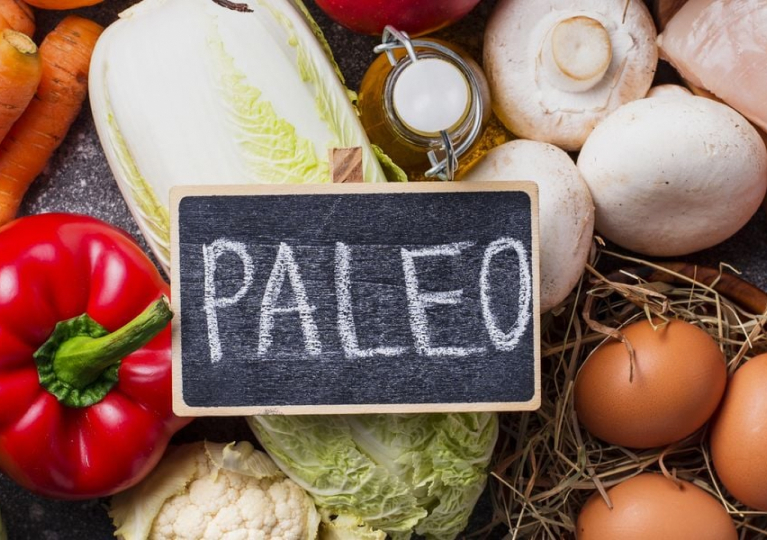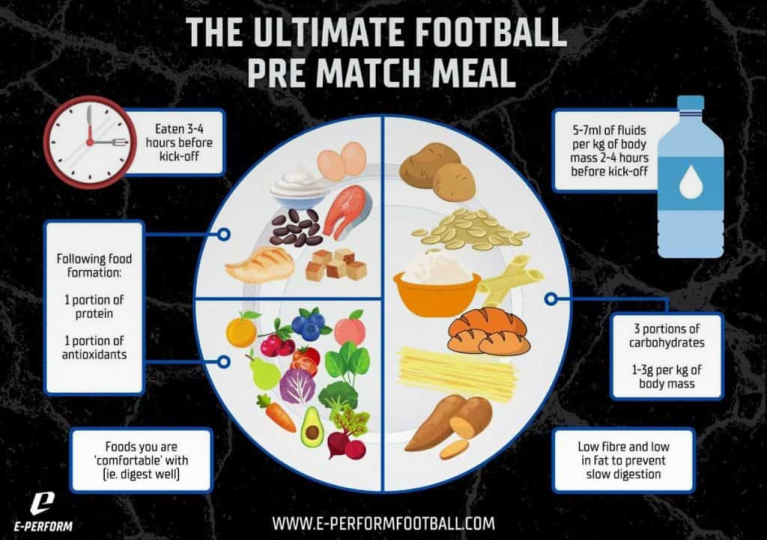Athlete diet plans and exercises are the two most essential aspects of health and performance for youth football. Proper nutrition is essential for any sportsman, irrespective of whether he is playing football or any other sport. An appropriate nutrition plan for football players will provide fuel and nutrients to help the athlete train well during practice drills.
Many contributing factors of a diet depend on how much football players can eat depending on their age, body size, gender, amount of time they are giving in football, etc.
The only reason a football player needs to know accurate athlete diet plans is that it’s going to be constant throughout his sports career, whether he is into high school level or youth football.
Education under athlete diet plans and economic status can also determine the level of knowledge and information. For example, I am assuming that most of the knowledge about diet plans come from school classes for a high school student. And many schools don’t cover the diet plans focusing on sports and additional requirements for high school sport.
In this blog, I will talk about the pre-workout diet, post-workout diet and help to know about the nutrition, exercise, weight gain and loss, and a whole host of other elements. And cover most of your myths and doubts regarding this topic. By following these diet plans, make the most out of this football season and rise above the competition.
So, if you’re interested in these topics, read till the end.
What to eat before Football practice?
You have to understand that a healthy diet for a football player is different than in general. The basic principles of good eating are the same, but it varies when there is a specific requirement in your body.
For example, a healthy diet for a person who is trying to lose weight would be different than a person who is playing football, and for him, the goal is to build muscles and condition along with diet.
And even for athletes, the motive may be different depending on what sport you’re into; for example, a football player seeks to gain weight, but for a player who is into ballet dancing, their motive would be to gain muscles and keep the overall weight off.
These are some general rules for gaining weight and healthy dieting.
- Don’t eat everything while gaining weight.
When you think of gaining weight, you will start eating everything possible without thinking about the things you’re putting inside your body and hoping that it will bulk up your body.
You will undoubtedly gain weight from this method, but probably not the right kind of value required for football.
Instead of taking three large meals in a day, try to split your calories with multiple small meals throughout the day.
If your metabolism is high, try to focus on calorie-dense food, instead of eating without discretion.
- Add Carbohydrates.
All athletes need carbohydrates, and plenty of them, football players rely heavily on glycogen stores for energy. And carbohydrates are the go-to source for life, because in sports like football, the glycogen stores are often depleted due to intensified training and warmups.
Carbohydrates give you energy, so you will need to eat food rich in carb to fuel your workout and drills.
Consuming one and a half to three grams of carbs for every pound of bodyweight is a good diet plan.
Choosing food that is rich in carbohydrates, like whole-grain bread, potatoes, rice, fruits, ensures that they are not only getting the required carbohydrates but also the needed vitamins, fibers, and minerals, which are essential for intense training in sports. And this overall helps in less injury and fast recovery.

Here is a list of food that should be included in every meal while you train for the sport.
- Whole Grains: Foods like oatmeal, whole-grain bread, corn tortillas, brown rice.
- Fruits: Fresh whole fruits like apple, pears, bananas, melon, etc.
- Vegetables that includes starch: Potatoes, sweet potatoes, butternut squash.
- Beans: Kidney beans, black beans, white beans, lentils.
- Dairy: Some athletes might be allergic to dairy products to avoid dairy and go with the things included above. Dairy like yogurt, low-fat milk, chocolate milk, dairy overall helps in digestion and overall nourishment. Also, refined carbohydrates like cookies, white bread, pies should be avoided.
- Protein to Repair.
Foods that are high on a protein should always be included in your diet if you try to gain muscles and weight. A basic thumb rule for protein intake is you have to include a gram of protein for every pound of your body weight. For example, if you weight 160 pounds, you have to intake 160 grams of protein every day.
This is the reason I have mentioned above to split your meals for many small meals rather than a few large intakes of calories.
With protein intake of 30-40 grams at a time would make you feel sluggish, and you would not want to move after that. That’s is the reason splitting food works excellent to accomplish the overall protein intake.
There is also a misconception that you must consume protein shakes, bars, and powders to cover up the total protein requirement. However, there is no harm in taking protein in this way; research proves that protein requirements can be easily fulfilled from the diet itself for sports. An excessive amount of protein offers no benefits to stimulating muscle protein synthesis.
Be aware that all protein sources are not suitable for you. Try focussing on lean and low-fat sources.
For example, skinless chicken or turkey chicken, lean red meat, beans, egg whites, salmon, and fish.
- Essential Fats.
Football players require fat, but not all fats, only good fats, as discussed above in the first section. Too much of Saturated fats can put you with increased fat mass, which will only result in slowing down the agility and performance of the player and makes him lazy.
Minimal intake of fat would again affect the body, so a moderate level of fats and good fats would help you get the overall conditioning.
You have to focus on fats that are monounsaturated fats like, for example, olives and olive oil, avocado, canola oil, peanut butter, etc.
Secondly, omega three fatty acids, like fatty fish like salmon, tuna, trout and almonds, chia seeds are the example of omega-three fatty acids.
And you should always avoid full-fat dairy products, that can be for milk, yogurt, or butter. And anything that is made with partially hydrogenated oil.
- Keep a Pack of Snacks.
While you are on a diet, you have to compromise on stuff you love eating and keep up the dopamine level; you have to keep eating good snacks that help you feel the right moment and develop you with overall conditioning.
3-4 times a day, eating snacks between your meals keeps the player satisfied and fuelled during the play.
But these snacks shouldn’t be junk food; if you want to get better in football, stop the usage of junk foods.
Your body is going to thank you, and you will see the performance in-game tremendously.
When you’re trying to gain weight, you need to keep eating things throughout the day, and you should not let more than three hours without having a meal or snack.
Best food and snacks to carry all the time being.
- Protein bars.
- Peanut butter and sandwiches.
- Weight gain powders. (an excellent source for bodybuilding)
- Nuts.
- Fruits, etc
Now you have known the food and the diet you have to follow, now I will tell you after keeping up with all these diets mentioned above what not to eat before your football match.
Just because you have been working the hardest all these days, that doesn’t mean you can eat anything on your matchday.
So, what is the food you should avoid before a football game?
- Fatty foods.
Before a match day or during a season, fatty food would be something that you should be avoiding like, for example, fried food, French fries, hamburgers, fried chicken, pizza. These foods would result in an upset stomach, that will eventually make your game day worse.
- Caffeine.
Drinks like soda, tea, or coffee will not be your friends before a match, especially if they have access to sugar and calories. A small amount of caffeine is not bad every time, but it affects your game, so it’s always better if you can avoid it.
- Alcohol and beverages.
Alcohol never comes under hydrating your body; it has diuretic properties that are dehydrating your body. Consuming alcohol and exercise is something you must avoid, which can lead to severe injuries.
- Deserts.
You always want to try out deserts in those moments, but it is again going to affect your sleep and health. Deserts like a doughnut, cakes, muffins should be avoided.
Conclusion.
Finally, if I have to conclude the nutrition plan for youth football, it always recommended avoiding food that leads to food poisoning and stomach discomfort.
Fuel yourself with high carbohydrate foods and fluids with a moderate protein level while avoiding sweeteners and all the points mentioned under food not to eat.
The best thing to do is experiment with your diet and see what works well for you; it may not be the same for everyone until you find the best diet regime.

